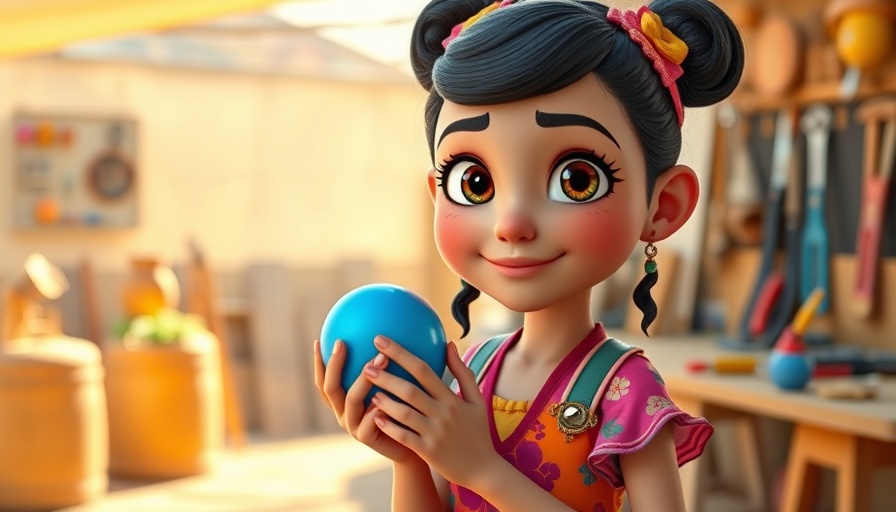
Understanding Wuchang: What Changed After the Recent Update?
The recent update in Wuchang: Fallen Feathers has spurred significant conversation among the gaming community, particularly regarding censorship and historical representation. After patch 1.5, fans are disturbed by the removal of certain gameplay elements, especially those involving historically significant figures from the late Ming Dynasty. With the introduction of a new narrative approach where once-killed bosses now simply 'relax' post-fight, many players feel that the essence of the game has been diluted.
Fans Rally for Original Content Amidst Censorship Concerns
As news of the changes spread, players rallied on platforms like Steam and Reddit to voice their discontent. Critics argue that the update was a direct response to complaints from Chinese players who took issue with the original storyline, which included eliminating historically relevant characters. Famous in-game personalities such as the "Dragon Emperor" will no longer succumb to player actions, but instead, navigate a lighthearted post-battle dialogue.
Intersection of Gaming and Cultural Representation
The uproar surrounding Wuchang is not an isolated incident but resonates with a broader trend in the industry—how cultural sensibilities influence game narratives. Histories within games often reflect complex socio-political realities, especially in regions like China where historical representation can trigger strong emotional responses. The alteration of the game's storyline has stirred debate about artistic integrity versus market viability.
Developer Response: Improving Performance or Altering Vision?
Developer Leenzee has remained mostly silent on the motivations for these changes, which raises questions about their direction. Although fans appreciate performance improvements—like reduced healing animation times—many argue that these additions do not justify the core modifications that distance the game from its original vision. As players report technical issues persist, including framerate drops, the backlash continues to swell.
Player Voices: Why Original Ownership Matters
Among players, purchasing the disc version of Wuchang has become a symbol of protest against censorship. Hardcore fans are celebrating their ability to access the unaltered version of the game, sharing tips on how others could revert updates or access the earlier version. This attitude underscores a fundamental issue: the desire to preserve the artistic vision of developers amidst external pressures.
Looking Ahead: The Future of Wuchang and Gaming in China
While the gaming community expresses its discontent now, the future trajectory of Wuchang remains uncertain. Developers may need to strike a delicate balance between appealing to local markets and maintaining creative freedom. As censorship becomes a recurring theme, the market could witness a shift toward more nuanced storytelling that respects historical contexts while also embracing the freedom to explore fantasy within games.
Conclusion: Where Do We Go From Here?
As the dialogue surrounding Wuchang: Fallen Feathers evolves, the balance between cultural integrity and creative expression will likely shape future interactions between developers and gamers. This incident serves as a reminder that engaging with games is not just about gameplay; it’s deeply intertwined with narratives that reflect both talent and societal values. Players must remain vigilant and proactive if they wish to preserve the authenticity of their gaming experiences.
Join the conversation and share your thoughts on how games should navigate historical representation and player agency. Your opinions matter, and together, we can advocate for unhindered creativity in gaming.
 Add Row
Add Row  Add
Add 




Write A Comment